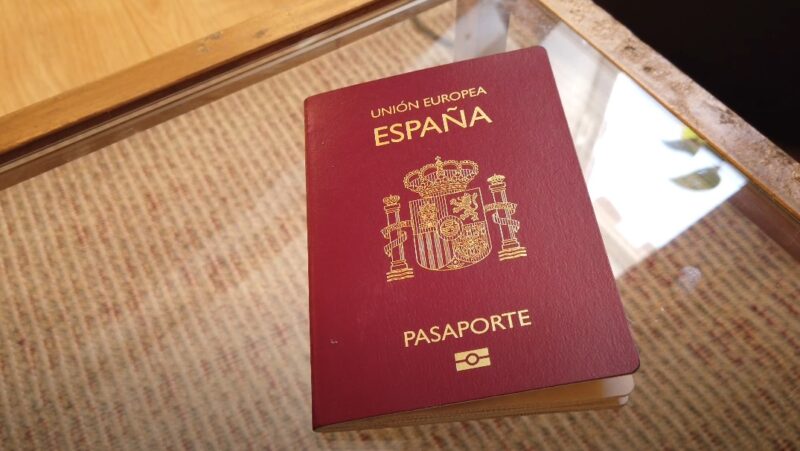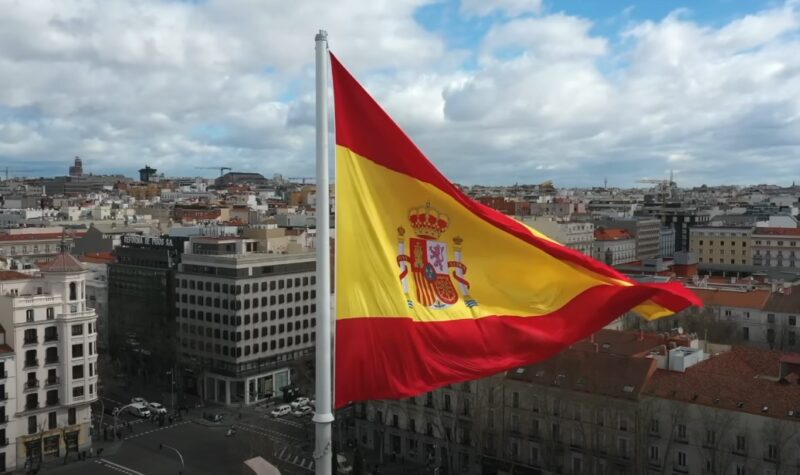Moving to a new country can be both exciting and overwhelming. If you’re thinking about moving to Spain, you must know a few essential things to make your transition smoother.
As an EU citizen, you can live freely in Spain for up to three months without any additional paperwork.
For non-EU citizens, there are more steps involved, including obtaining a visa and residence permit.
Now let us talk about the possibility of moving to Spain and what would that be like.
Residency and Visa Options

Moving to Spain involves understanding different residency and visa options. These options vary based on your purpose for moving and your financial situation.
Below, you will find detailed information on the main visa types available for both EU and non-EU citizens.
To reside in Spain, you need specific visas depending on your situation. EU citizens have the flexibility to live and work in Spain without a visa. Non-EU citizens require a residence visa, such as a work visa, student visa, family reunification visa, or retirement visa, among others.
Each visa type has unique requirements and application processes. Make sure to keep documents like your passport, NIE/TIE, and proof of income handy.
The Golden Visa Program
The Golden Visa offers residency for those willing to invest in Spain’s economy.
By investing at least €500,000 in Spanish real estate, you can obtain this visa. This option is attractive due to its benefits like family inclusion and free travel within the Schengen Zone.
Required documents include proof of investment, background checks, and health insurance. This visa is ideal for high-net-worth individuals looking to reside in Spain.
The Non-Lucrative Visa
The Non-Lucrative Visa suits individuals with passive income sources who wish to stay in Spain long-term. Applicants must demonstrate they have funds of at least €2,400 per month. This visa does not permit work in Spain.
Documents needed are proof of income, health insurance, and background checks. It’s perfect for retirees or those living off savings or investments.
The Digital Nomad Visa
The Digital Nomad Visa caters to remote workers or freelancers who want to live in Spain while working for non-Spanish companies.
This visa requires proof of employment, a salary threshold, and health insurance. Documents needed include work contracts, income proof, and medical coverage.
It’s an excellent option if you can work from anywhere and choose Spain for its culture and lifestyle.
Preparing for Your Move to Spain

Moving to Spain involves managing your finances, choosing the best place to live, securing housing, and adapting to the local culture and language.
Managing Finances and Banking
Before moving, it’s important to set up your finances. Start by creating a budget that includes the cost of living in Spain, which varies by region. Websites like Numbeo can help you estimate these costs.
Consider opening a bank account in Spain. Major banks include Santander and CaixaBank. To do this, you’ll need your passport, proof of address, and an NIE (Número de Identificación de Extranjero). International services like Wise can also help with transferring money at low fees.
Finding the Perfect Location
Spain offers diverse regions, each with its own charm. Barcelona and Madrid are bustling cities with vibrant cultures and job opportunities. Valencia and Málaga offer beautiful coastlines and a relaxed lifestyle.
Consider factors like cost of living, climate, and your personal preferences. Tenerife, Alicante and the Costa Blanca are great for those seeking sun and beach life, while the Costa del Sol is known for its international community.
Housing and Property Insights
Whether renting or buying, research is crucial to finding the right home. Start by browsing local real estate websites and consult with agents specializing in expats.
Renting is common in cities like Madrid and Barcelona, but owning property is a popular choice along the coasts. Remember that you need to account for legal fees, taxes, and other costs when purchasing.
Cultural Adaptation and Learning Spanish
Spain’s culture is rich and varied, with differences between regions. Embrace the local lifestyle by joining community events and trying local cuisines.
Learning Spanish is important for daily interactions.
Enroll in language classes or use language apps to get started. Note that some regions have their own languages, like Catalan in Barcelona, which can also be useful to learn.
By understanding these key aspects, you can ensure a smooth and successful move to Spain.
Setting Up Your Life in Spain
Setting up your life in Spain involves navigating the healthcare system, finding suitable education options, and integrating into the local community.
Knowing what to expect can make the transition smoother.
Healthcare System and Insurance
Spain offers a robust public healthcare system known as the Sistema Nacional de Salud.
As an expat, you can access this system once you obtain your NIE number and register as a resident.
Public healthcare is generally of good quality and free at the point of use, covering doctor’s visits, hospital stays, and most prescription costs.
Private health insurance is another option. Many expats choose private insurance for shorter wait times and access to private hospitals and clinics.
Private health insurance plans vary, so compare different plans to find the one that suits your needs.
Education for Children and Adults

Spain has diverse education options for both children and adults, including:
- Public
- Private
- International schools
Public schools are free and follow the Spanish curriculum, making them a good option if you plan to stay long-term and want your children to integrate fully.
Private schools often offer bilingual education and different curricula, such as British or American. They can be expensive but may provide a smoother transition for expat children.
International schools are widely available in major cities. These schools follow foreign curricula and are particularly popular among expats, providing a familiar education setting.
For adults, there are various language schools, where you can learn Spanish to better integrate into the community.
Platforms like Preply offer online language tutoring to help you master the language from the comfort of your home.
Integrating into the Local Community
Joining expat communities can ease your transition into Spanish life. Websites like InterNations provide platforms to connect with other expats, giving you access to social events and support networks.
Participating in local activities is also essential. Spain has a rich cultural scene with many local festivals and events where you can meet your neighbors and learn about Spanish traditions.
Learning Spanish is crucial for deeper integration. Knowing the language helps in everyday interactions and forms stronger connections with locals. Online resources, local language schools, and community centers can assist you in learning efficiently.
The Bottom Line
Moving to Spain can be an exciting adventure with its rich culture, sunny weather, and friendly locals. It’s important to plan ahead to ensure a smooth transition.
Understanding visa requirements is key. You will need to apply for the correct visa depending on whether you are moving to work, study, or retire.
By preparing properly, you can fully enjoy your new life in Spain. Stay informed and make the necessary arrangements to ease your transition.

